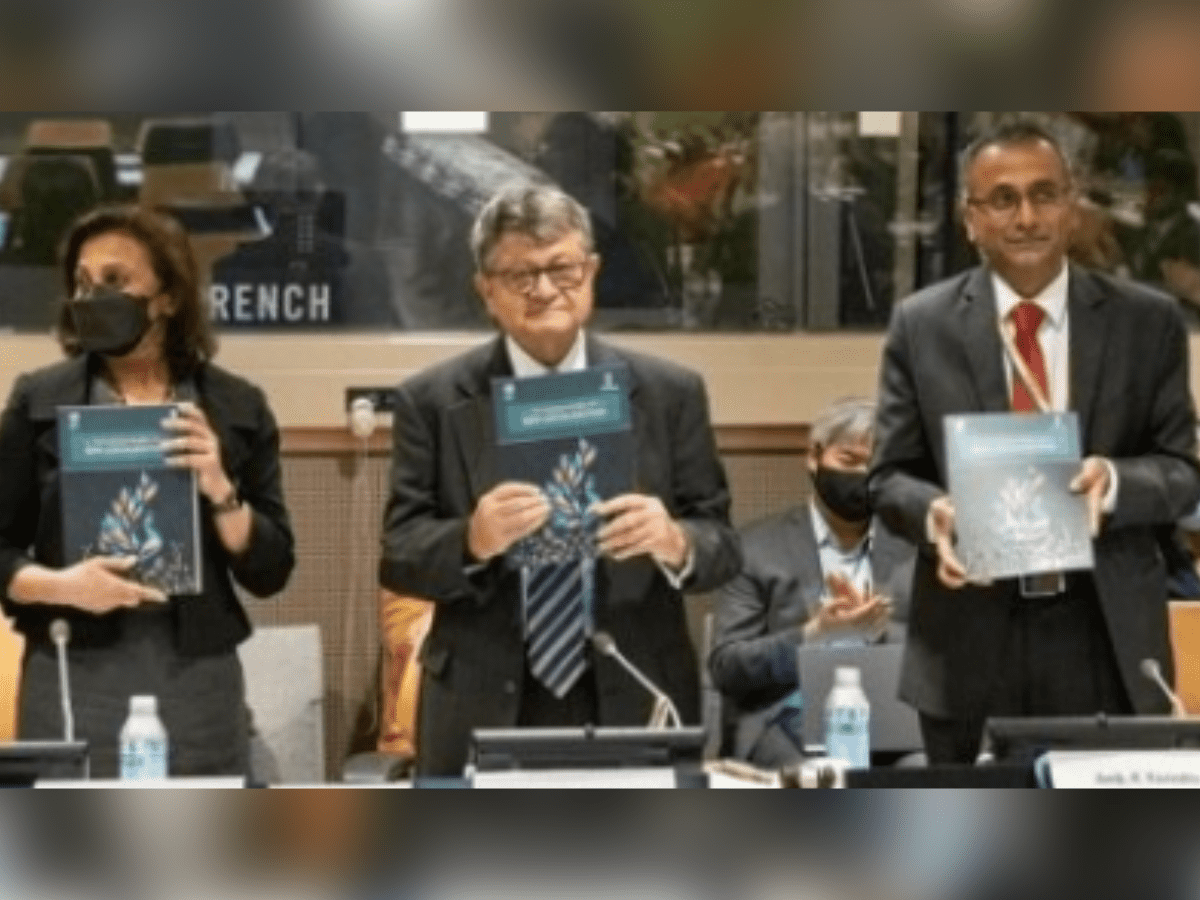
United Nations: Deputy Secretary-General Amina Mohammed has commended India’s efforts to localise the monitoring of progress in implementing the UN’s sustainable development goals (SDGs).
In her message to a session on the Indian Model of SDG Localisation here on Wednesday, she said, “I commend the government of India and the NITI Aayog for the remarkable degree to which the SDGs have been localised (with) indicators and targets embedded into planning, budgeting and monitoring frameworks at all levels of government”.
The SDGs are 17 agenda points set by the UN in 2015 for achieving by 2030 and they range from poverty alleviation and promoting health to climate action and social justice.
The Indian government’s think tank, NITI Aayog, steers long-term policies and provides technical advice for their implementation.
It has developed monitoring tools to chart the progress of implementation of the SDGs at state levels and right down to the district levels, NITI Ayog Vice Chairperson Suman Bery said.
This provides for competitive collaboration among the states and entities within states as they try to scale their efforts, he said.
The SDG India Index dashboard “is creating intense competition amongst states: states that do well, in the third fourth position, strive to reach the first one (while) other states focus on doing better”, he said.
“The spirit of competition has been prompting the states to do better (and) you will see that this has resulted in superior outcomes,” Bery said.
Mohammed said, “The 2030 agenda remains as relevant as ever, the world’s compass for navigating turbulent uncharted waters”.
“The SDGs recognise that world is interlinked to an unprecedented degree” and the level to which this message of interconnectedness has been embraced in India, from the Centre and the states down to the district and individual household level is truly impressive”, she said.
Under-Secretary-General Usha Monari-Rao said that India’s model of localised SDG monitoring will be an example for other countries.
She said, “We aim to expand learning from these partnerships (of UNDP with India) to inspire efforts to do development in ways that transform global commitments into green, inclusive and equitable actions within India and, of course, and always around the world, using India as an example”.



